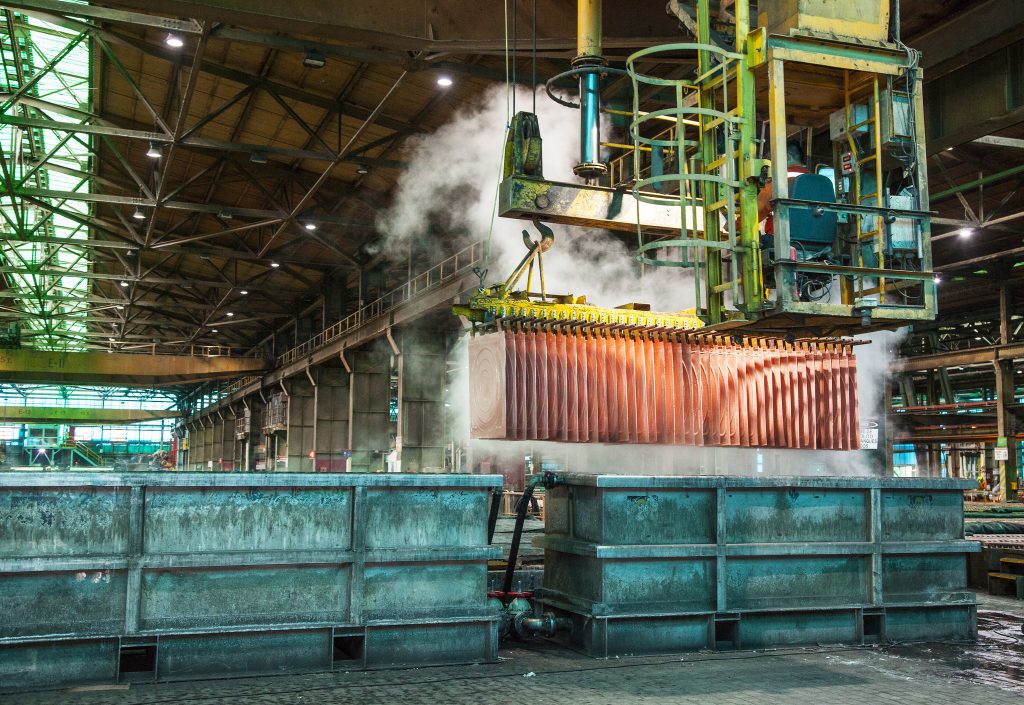Chilean mines minister sees 3.5% drop in copper output

Chile’s mines minister Baldo Prokurica on Friday cited figures projecting a decline in the country’s copper output of 200,000 tonnes as a result of the growing impact of the new coronavirus on the industry.
Prokurica said the Cochilco copper commission’s projection, representing around 3.5% of Chile’s total 2019 production, was a best guess since the combined impact of the virus and economic fallout made it “very difficult” to predict with certainty.
He applauded the Thursday announcement to suspend work at the foundry and refinery at state-run copper miner Codelco’s second-largest Chuquicamata division to protect workers.
“Mining has taken and is willing to take all necessary measures to protect the life and health of the workers who are our main capital, and that is what we have asked companies to do,” the minister said in a statement.
Prokurica said he would be meeting the Interior Ministry’s Crime Prevention undersecretary on Friday to outline an audit of the mining industry’s anti-coronavirus measures being carried out by Chile’s Geology and Mining Service (Sernageomin).
His statement came as the company in an internal memo, seen by Reuters, confirmed the death of a fourth Codelco. The man, named as Jimmy Rojas Mondaca, was the third worker at Chuquicamata to die, and one of four staffers to have died from covid-19 so far. The death of a fifth man, Omar Manosalva, a contractor working at the Ministro Hales division, was also reported on Friday.
Chile on Friday confirmed 4,296 new confirmed virus cases, taking the total to 263,360, and 5,068 deaths.
Mining, primarily of copper, represents around 10% of Chile’s GDP and 50% of its exports, according to government figures. It is seen as critical in funding economic rescue packages announced by centre-right President Sebastian Pinera to offset the effects of the pandemic.
Copper prices touched a five-month peak on Friday amid growing fears of disruption to Chilean copper output.
“There is mounting evidence that Chile is starting to struggle with pockets of outbreaks at mines and the pushback from trade unions for safer working practices,” said Kieran Clancy, assistant commodities economist at Capital Economics.
(By Aislinn Laing; Editing by Aurora Ellis)
{{ commodity.name }}
{{ post.title }}
{{ post.date }}




Comments